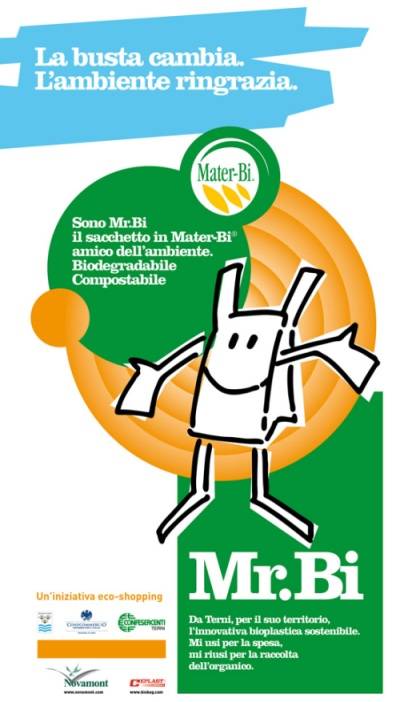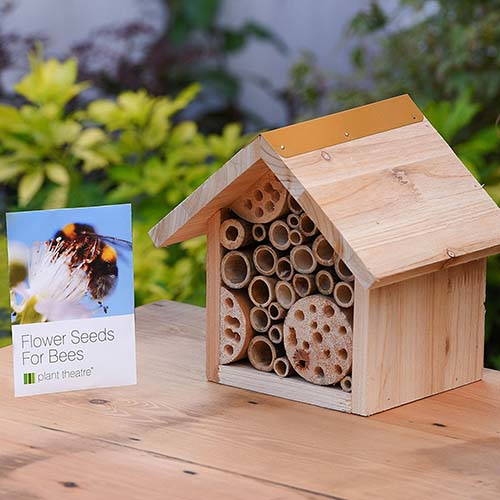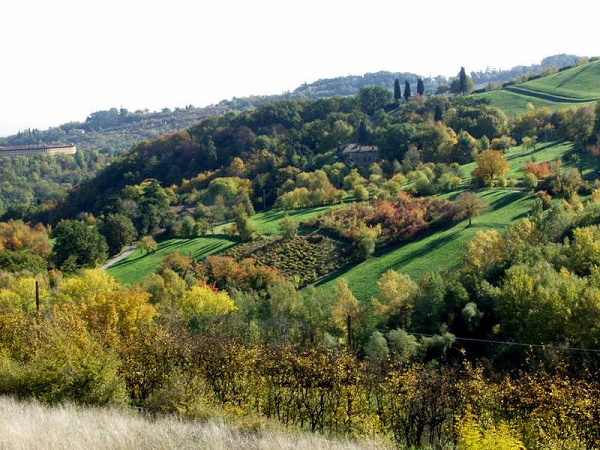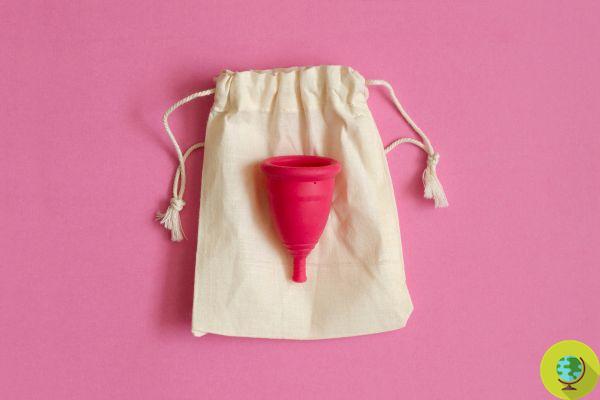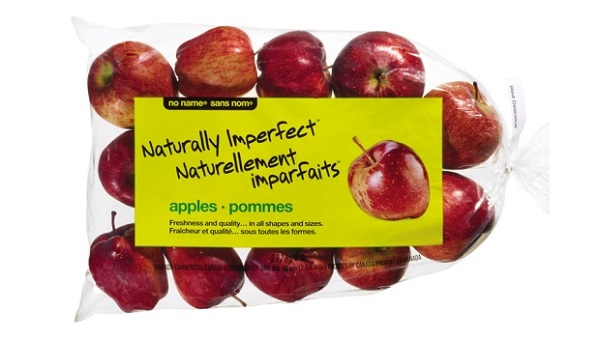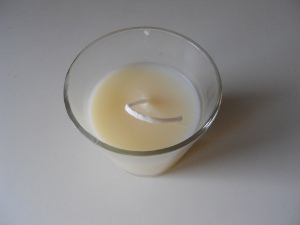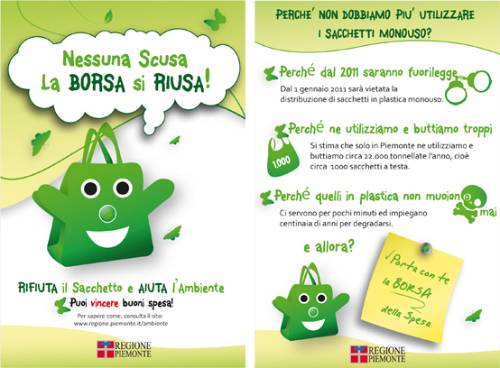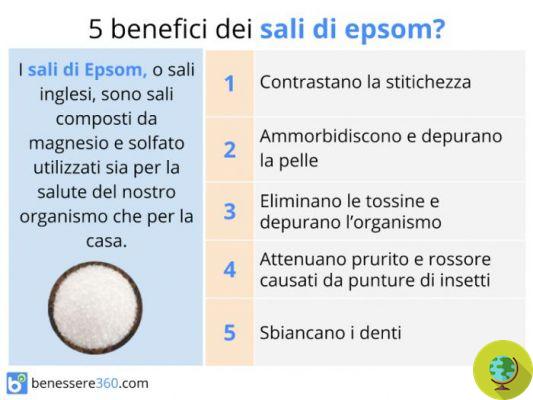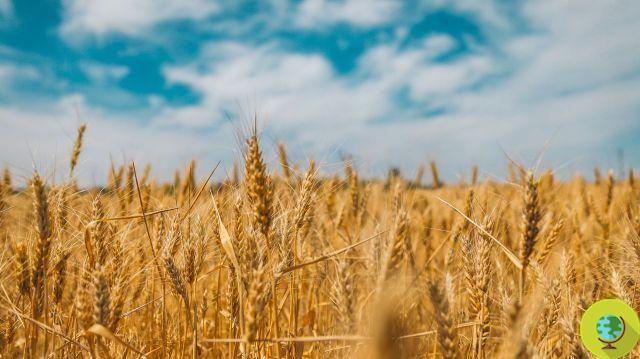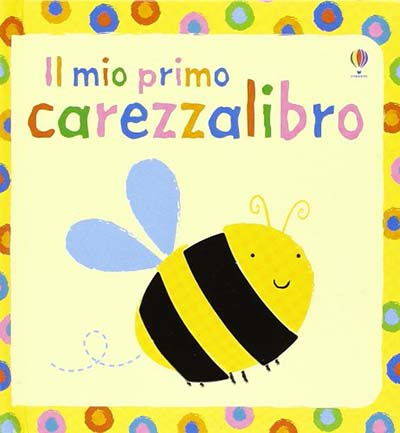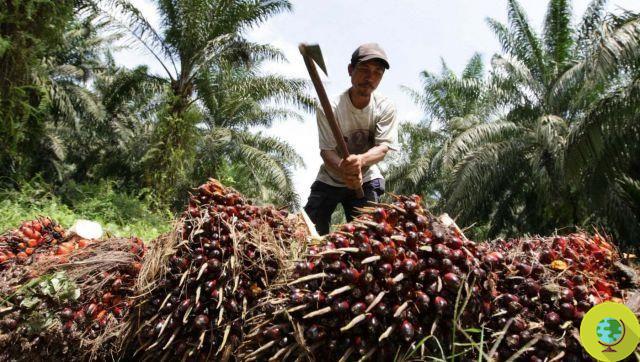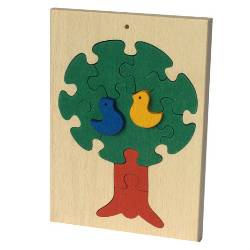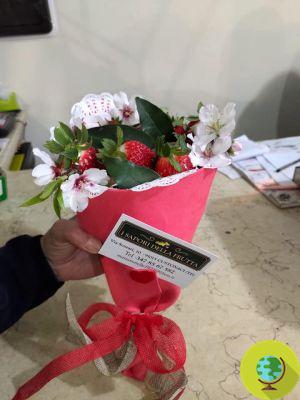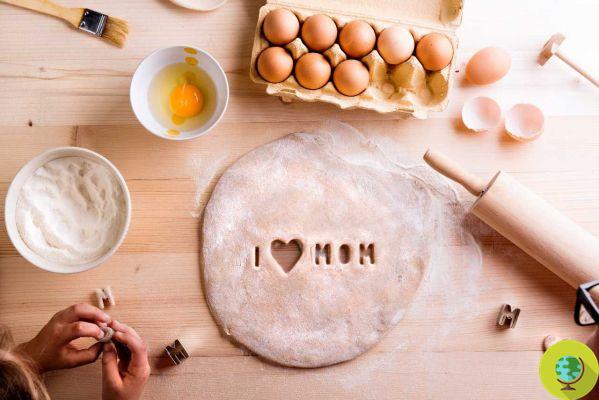
Do we really need to buy pre-cut and packaged vegetables on the supermarket shelves? This is a type of product purchased in the illusion of saving time and money and for reasons of alleged practicality. In reality, more often than not, their purchase leads to an unjustified waste of money, rather than guaranteeing the much-needed savings, as well as leading to the choice of foods poorer in nutrients than the corresponding whole products, from the most local and non-local origin. industrial.
Don't store avocado like this: it's dangerous
We really need to buy them pre-cut and packaged vegetables present on the shelves of the supermarket? It is a type of product purchased in the illusion of save time and money and for reasons of alleged practicality.
In fact, more often than not, their purchase results in a unjustified expenditure of money, rather than guaranteeing the much needed savings, as well as leading to the choice of more foods poor in nutrients compared to the corresponding whole products, from as local and non-industrial as possible origin. Here are some insights into the motivations to avoid buying ready-to-eat vegetables, without forgetting the packaging and waste issue.
Index
They have a higher carbon footprint
We often think of the possibility of reducing the environmental impact of the food we bring to our tables inherent in the choice of zero kilometer products, who have traveled the shortest distance possible to reach us. Another important aspect of the carbon footprint of our foods is theirs production processes. Prior to transport, fruit, vegetables, legumes and other industrially sourced foods go through numerous generating stages Co2 emissions and water and energy waste, such as washing that may involve the use of disinfectants, radiation for the destruction of bacteria, refrigeration, which may be necessary both during transport and during the stay in the warehouses. Their production on an industrial level requires high energy consumption, due to the use of machinery used to disinfect, slice and package the same. By purchasing whole and bulk vegetables, all this is largely avoided, or entirely if they come directly from our garden or from a farmers' market in our city.
They are not always cleaner
You will certainly have noticed it, in case you have ever bought vegetables already sliced, or in any case deprived of the parts usually considered waste and therefore packaged: packaged vegetables are not always as clean as one would expect. Not infrequently among leeks, fennel and salad heads it may happen to glimpse some dirt that must be eliminated before their consumption, forcing you to further waste of water, compared to what has not already been used for their cleaning, even if not perfect, before industrial packaging. Precisely within the food industry they are not so rare bacterial contamination. The long conservation of the vegetables, especially if out of season, can cause the rapid development of mold, which can sometimes occur just a few hours after purchase, together with rot. Also from this point of view, it is better to rely on seasonal products, treated as little as possible industrially and of certain origin. As a rule, even vegetables that have already been cleaned, cut and packaged should still be washed before use, in order to eliminate not only traces of dirt but also to counteract any pesticide residues present on their surface.
They are more expensive
Convenience pays for itself, here is the truth, and it costs dearly. It is sufficient to compare the price of a packet of salad in a bag with that of a nice head of lettuce to realize how by choosing not to "waste time" to clean and chop your salad, you are forced to pay more for a salad. much lower quantity of product and which tends to deteriorate more easily, as well as in any case needs to be washed and rinsed once more before consumption, for greater safety. The case of the salad in a bag is just one of many examples in this regard. Think for example of the packages of carrots already cut into sticks or the packages of small parts of vegetables sold as essential vegetables for the preparation of minestrone. Generally, buying whole vegetables saves money, if we take into account the price per kilo. Choosing organic vegetables - now not always much more expensive than conventional vegetables, e free if they come directly from your own garden - the savings will be even greater, since even edible peels, stems and leaves can be consumed without problems, avoiding any type of waste.
They are not as healthy
Packaged and ready-to-eat vegetables and fruit can be considered as a healthier alternative to classic snacks, when you are looking for a hunger-breaker snack. What is sometimes not taken into account in such a comparison concerns the fact that exposure to air and light of vegetables and fruit, once sliced or peeled, can compromise their nutritional content. Once a fruit or vegetable rich in Vitamin C is sliced, for this vitamin and other nutrients, such as beta-carotene, kicks off a degradation process, which contributes to depleting these foods. It therefore represents a better solution to prefer whole fruit and vegetables, to be peeled and sliced at the moment. After all, these are operations that take a few minutes and your health will gain.
They have more packaging
Crossing the supermarket aisles it is very easy to notice the exorbitant quantity of packaging used by the food industry not only for safety reasons and in order to protect food, but also simply for advertising purposes and in order to attract consumers towards the purchase of a certain product. Fruits and vegetables are healthy foods in themselves, they do not require commercials that enhance their nutritional qualities, yet the needs attributed to modern consumers have led to the creation of packs of pre-sliced and ready-to-use vegetables, wrapped in a overabundant packaging, consisting of transparent films, plastic or polystyrene trays, tabs and cardboard boxes that can only contribute to increasing the waste accumulated daily by every citizen and every family.
Here is therefore a further and final reason for avoid buying as much as possible of vegetables and fruit sliced and packaged. Better to choose whole and sliced products once you get home, so as to be able to save money from an economic point of view, gain a greater nutritional intake with regard to maintaining good health through nutrition and help reduce the amount of food materials. waste products to be used for waste collection.
Marta Albè
READ also:
Goodbye plastic: the 7 ways to reduce packaging in the fruit and vegetable department ...
Baby-carrots: that's why it's best not to buy them




